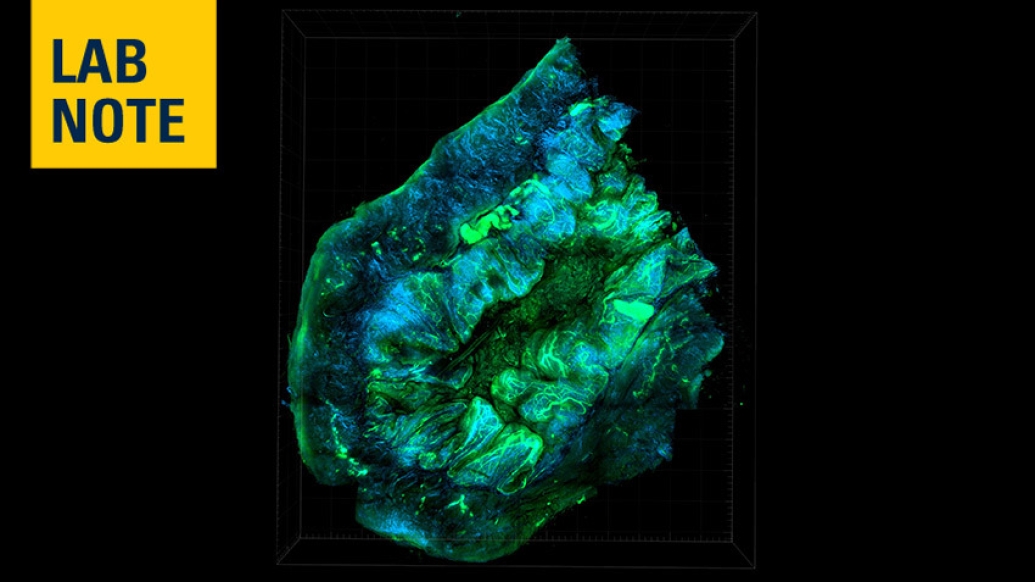In cell-line and mouse models of ovarian cancer, researchers developed an interdisciplinary approach to identify metabolic vulnerabilities in certain genes that could be targeted to kill cancer cells.
10:27 AM
Author |

Researchers at the University of Michigan Rogel Cancer Center have developed a computational platform that can predict new and specific metabolic targets in ovarian cancer, suggesting opportunities to develop personalized therapies for patients that are informed by the genetic makeup of their tumors. The study appeared in Nature Metabolism.
Cancer mutations occur frequently in ovarian cancer, giving cells a growth advantage that contributes to the aggressiveness of the disease. But sometimes deletions of certain genes can occur alongside these mutations and make cells vulnerable to treatment. Still, cancer cells grow so well because paralog genes can compensate for this loss of function and continue to drive tumor formation.
Deepak Nagrath, Ph.D., associate professor of biomedical engineering who led this study, wanted to understand more about these compensatory genes as they relate to metabolism. "When a gene is deleted, metabolic genes, which allow the cancer cells to grow, are also deleted. The theory is that vulnerabilities emerge in the metabolism of cancer cells due to specific genetic alterations."
When genes that regulate metabolic function are deleted, cancer cells essentially rewire their metabolism to come up with a backup plan. Using a method that integrates complex metabolic modeling, machine learning and optimization theory in cell-line and mouse models, the team discovered an unexpected function of an ovarian cancer enzyme, MTHFD2. This was specific to ovarian cancer cells with an impairment to the mitochondria, due to a commonly occurring deletion of UQCR11. This led to a critical imbalance of an essential metabolite, NAD+, within the mitochondria.
The algorithm predicted that MTHFD2 surprisingly reversed its role to provide NAD+ in the cells. This created a vulnerability that could be targeted to selectively kill off the cancer cells while minimally affecting healthy cells.
"Personalized therapies like this are becoming an increasing possibility for improving efficacy of first-line cancer treatments," said research fellow and first author of this study Abhinav Achreja, Ph.D. "There are several approaches to discovering personalized targets for cancer, and several platforms predict targets based on big data analyses. Our platform makes predictions by considering the metabolic functionality and mechanism, increasing the chances of success when translating to the clinic."
Paper cited: "Metabolic collateral lethal target identification reveals MTHFD2 paralogue dependency in ovarian cancer," Nature Metabolism. DOI: 10.1038/s42255-022-00636-3
This research was supported by funding from the National Cancer Institute, the Office of the Director for the National Institutes of Health, the University of Michigan Precision Health Scholars Award, and Forbes Scholar Award from Forbes Institute of Cancer Discovery.

Explore a variety of healthcare news & stories by visiting the Health Lab home page for more articles.

Department of Communication at Michigan Medicine
Want top health & research news weekly? Sign up for Health Lab’s newsletters today!





